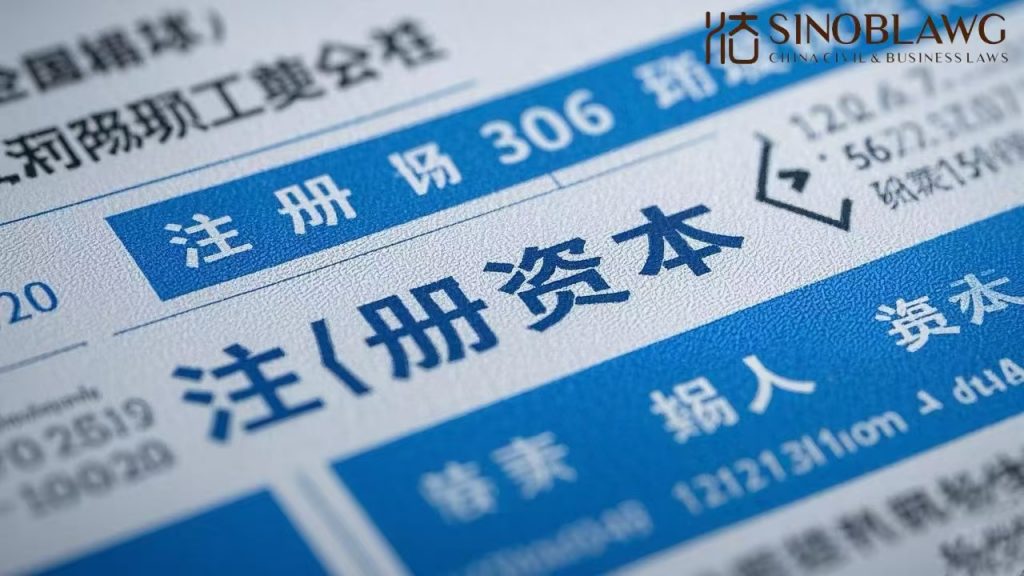I have been helping foreign owners in selling more than a dozen of their Chinese properties in the past years. In practice, there is no big roadblock on the way including the final step of converting and repatriating their sale proceeds denominated in Chinese currency, namely, Renminbi, or RMB.
However, sale of China properties owned by foreign companies is often off my radar, I mean, not many foreign corporate owners approach me for help in selling their properties in China. I guess there are two reasons: (1) most foreign corporate owners have their own Chinese counsels; (2) second, many of such deals are structured offshore by way of sale of the corporate shares.
Still, there have occasionally been inquiries raised to me in regard of sale of properties owned by foreign companies. In such cases, the properties are not the main asset of the foreign companies so it is not suitable to sell the properties by way of selling the shares of the foreign companies in which case it has to be an asset sale, meaning sale of the titles of the properties. I am advising two foreign corporate owners in selling their properties in Shanghai.
The process of selling a property owned by a foreign company is not much different from that of sale of a property owned by an individual foreign owner, except:
(1) Corporate owners will need to prove its “good standing” by producing incorporation certification which shall be notarized and legalized accordingly, which is not applicable to a natural person whose passport would suffice for purpose of proving its identity.
If the name of the foreign company has ever changed but the company fails to update the change with Chinese real estate registry authority, then it shall present documents to prove the name change.
(2) taxes are different. Mainly, upon sale of the properties owned by corporate owners (both domestic and foreign), the land value added tax will be imposed.
(3) the third is the most substantial one: the way you take your sale proceeds out of China.
In the case of individual owner selling property in Shanghai, the route for getting your money out of China is laid down and tested many times which proves to be smooth in most cases. But after some research into how a foreign corporate owner can take their sale proceeds out of China, there seems no clear route to accomplish the goal.
Here are the potential problems:
(1) by analogy to individual foreign seller, a foreign company seller may also open a RMB bank account with a bank in China in order to receive the payment made by the buyer, and then apply for tax filing certificate (a document to certify that related taxes have been all paid in respect of the deal in question) and finally get the money converted and transferred out of China.
But, it is not clear whether banks in China will be interested in opening such a bank account that will soon be closed after the completion of the sale, though Chinese central bank has issued special rules guiding foreign entities in opening bank account denominated in RMB in China.
(2) based on another notice jointly issued by China general tax administration and foreign exchange control bureau back in 2013, in the case of foreign property owners selling real estate in China, the domestic entity or individual (namely the buyers) can apply for tax filing certificate, and then ask its bank to pay equivalent foreign currency directly to the foreign seller’s offshore bank account.
While this sounds good, in practice, the buyer may not be happy to bother much to purchase a property from a foreign owner. Our inquiry to Shanghai Foreign Exchange Authority elicited that in such a case, the foreign corporate owner shall have to issue a notarized power of attorney to the buyer in order for the buyer to effect the payment directly into a foreign bank account.
(3) According to the phone inquiry to Shanghai Foreign Exchange Authority, the person at the authority confirmed that it is also workable that the foreign corporate owner authorizes an individual person to receive the sale money and then the authorized person applies for the tax filing certificate and then gets the money converted and transferred out of China.
Here, who will be the appropriate person to be authorized? Maybe, it has to be one of the directors or shareholders of the foreign company.
In practice, there is another issue that shall be taken into account. Most Chinese individual buyers take out bank loan to finance their purchase of real estate, meaning that they will apply for a mortgage loan from the bank to pay part of the contract price. Chinese banks generally require that the sellers provide a bank account into which the bank will pay the mortgage loan proceeds. So if the foreign company authorizes the buyer or its director to receive the sale price, then the bank may be very suspicious of paying the money to a bank account not opened in the name of the property owner.
So the sale of the corporate properties can be much more complicated than a straightforward sale by foreign individual owner. However, such problems or issues are not impossible to be fairly addressed with good communication with authorities and banks.







Hello, I inherited a property in Shanghai, it is an office suite. I am an American citizen and the buyer is also a foreign buyer. The buyer is willing to pay for the sale in US dollars transferred directly from their US bank account to my US bank account. I would pay all the taxes in RMB of course, I have a Chinese bank account as well. For me it would be very helpful because it saves me a lot of time in coming to Shanghai and getting all the paperwork to repatriate the money back to the US. Could you let me know if this is something that is legal to do and if you foresee any issues by doing the transaction in this manner? Your help would be greatly appreciated, thank you.
Hi, Kent, yes, that is legal to do if both parties are foreigners. Good luck!